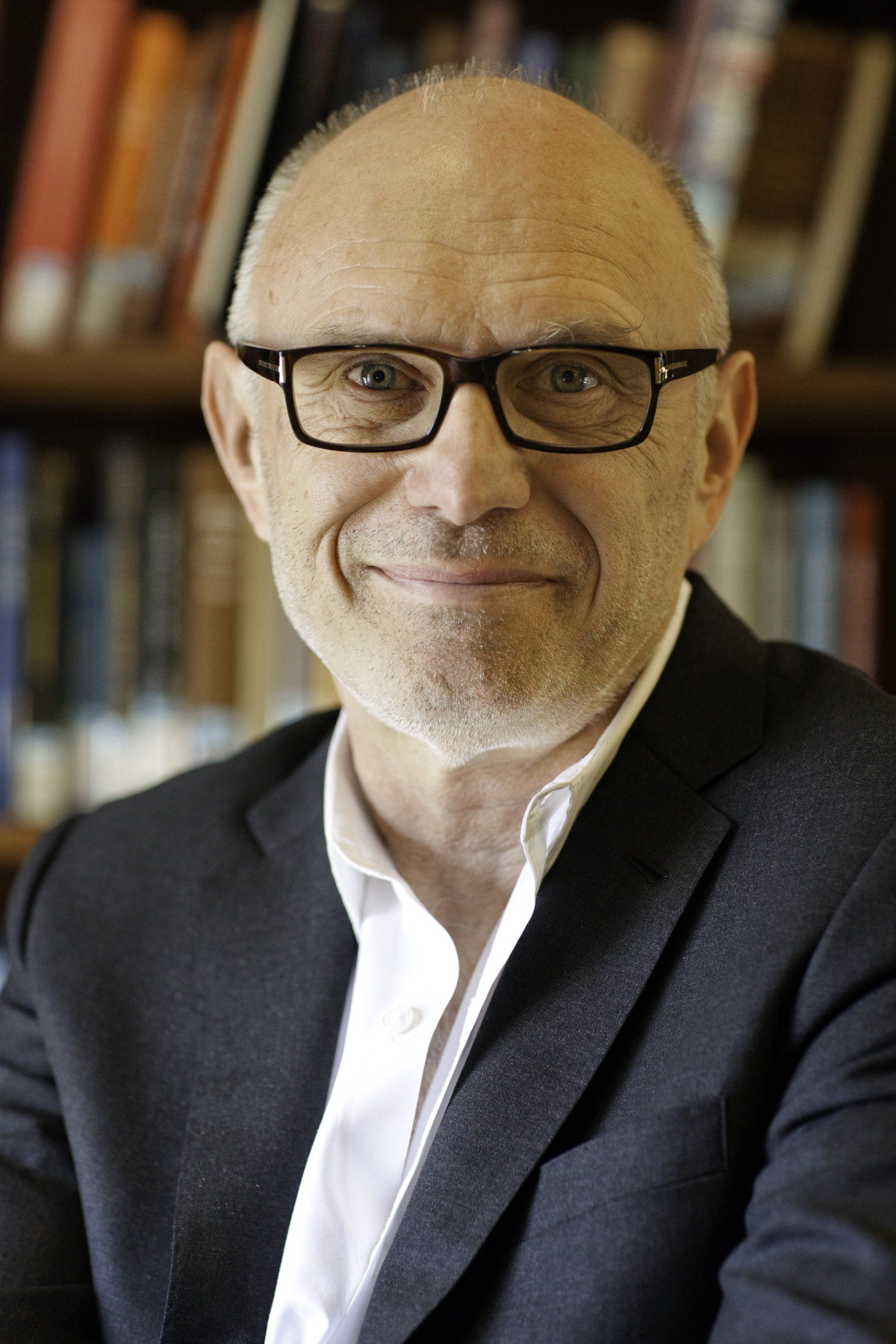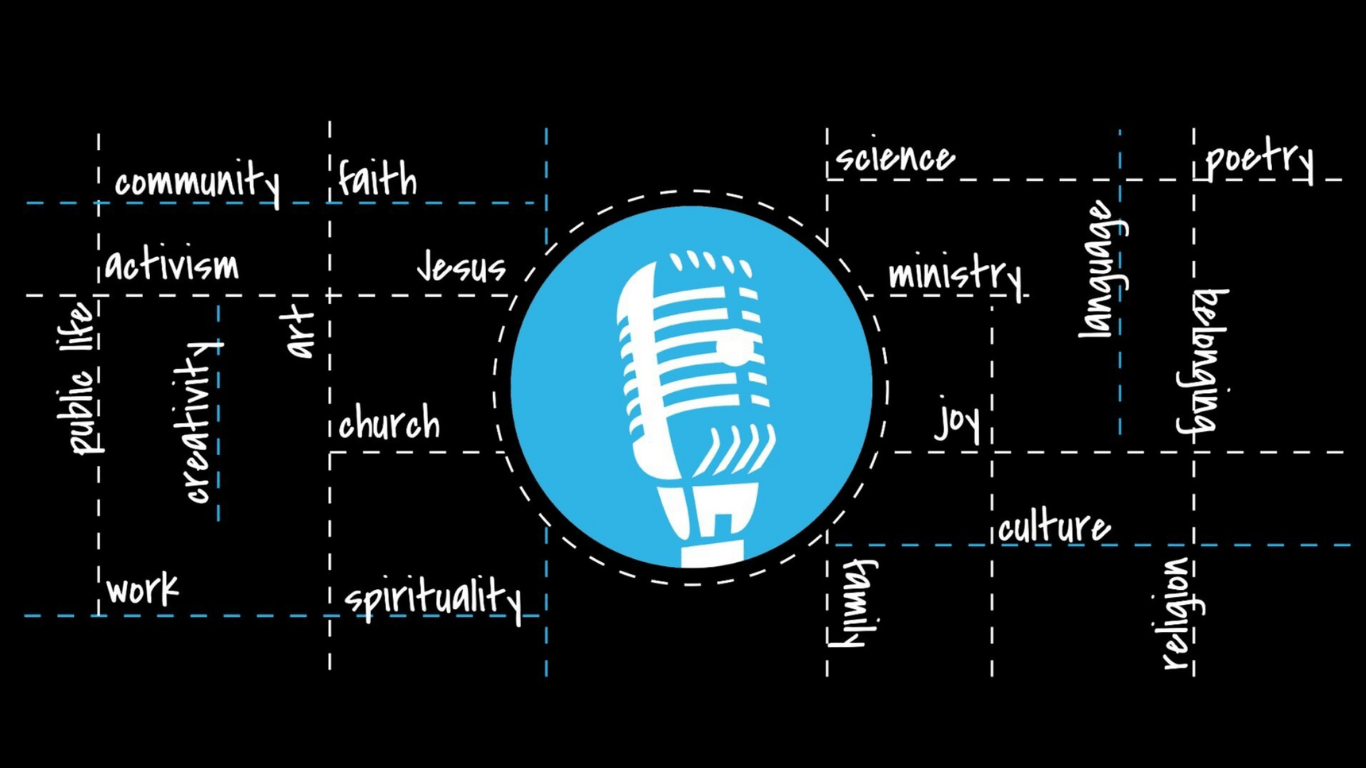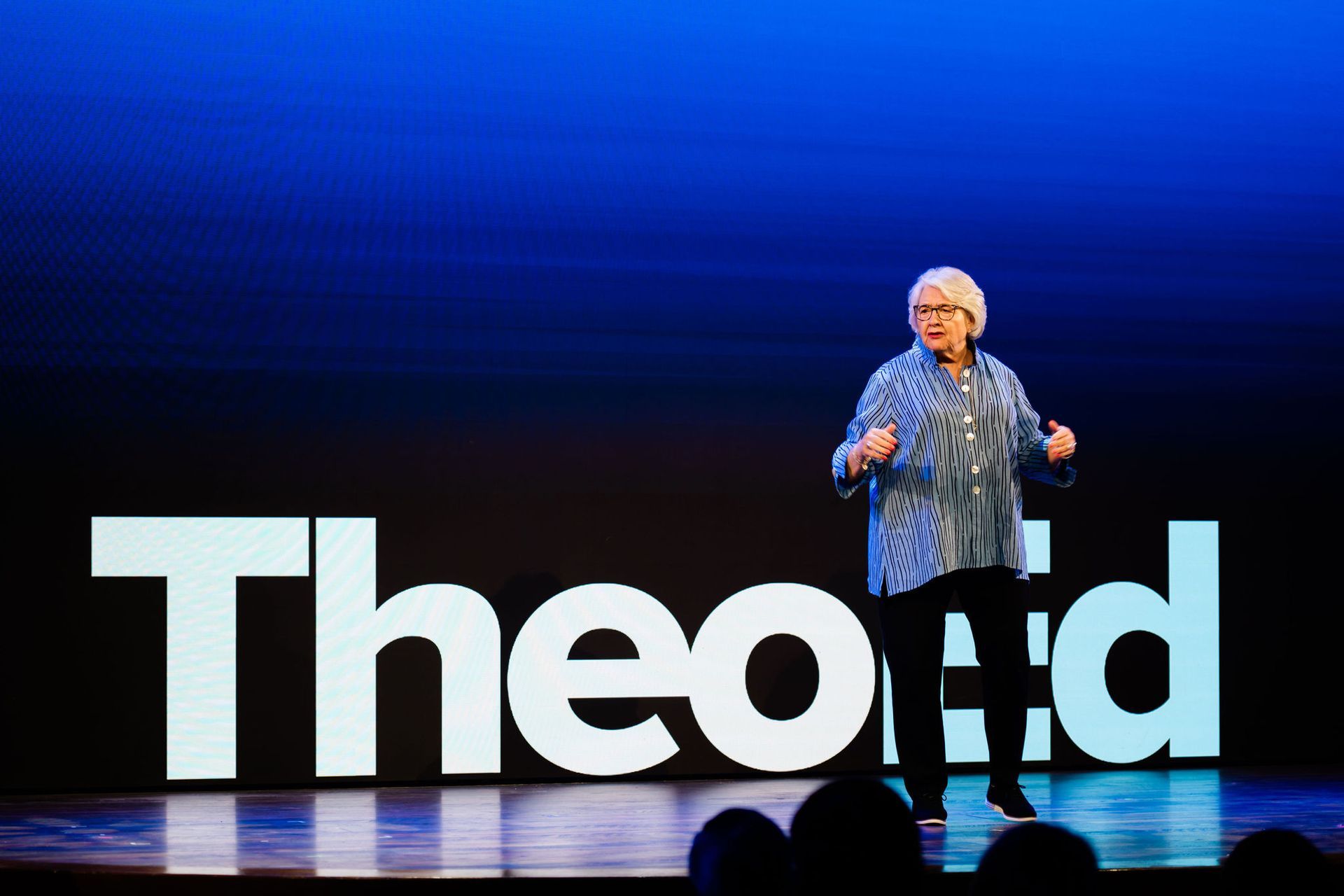Professor Volf is the founding Director of the Yale Center for Faith and Culture. His books include Allah: A Christian Response (2011); Free of Charge: Giving and Forgiving in a Culture Stripped of Grace (2006), which was the Archbishop of Canterbury Lenten book for 2006; Exclusion and Embrace: A Theological Exploration of Identity, Otherness, and Reconciliation (1996), a winner of the 2002 Grawemeyer Award; and After Our Likeness: The Church as the Image of the Trinity (1998), winner of the Christianity Today book award. A member of the Episcopal Church in the U.S.A. and the Evangelical Church in Croatia, Professor Volf has been involved in international ecumenical dialogues (for instance, with the Vatican’s Pontifical Council for Promoting Christian Unity) and interfaith dialogues (on the executive board of C-1 World Dialogue), and is active participant in the Global Agenda Council on Values of the World Economic Forum. A native of Croatia, he regularly teaches and lectures in Central and Eastern Europe, Asia, and across North America. Professor Volf is a fellow of Berkeley College.
Why Did God Create the World?
Dr. Miroslav Volf
Dr. Miroslav Volf, founding Director of the Yale Center for Faith and Culture, argues that God’s purpose in creating the world was to make a home for all and provides insights on how we can join in that work.
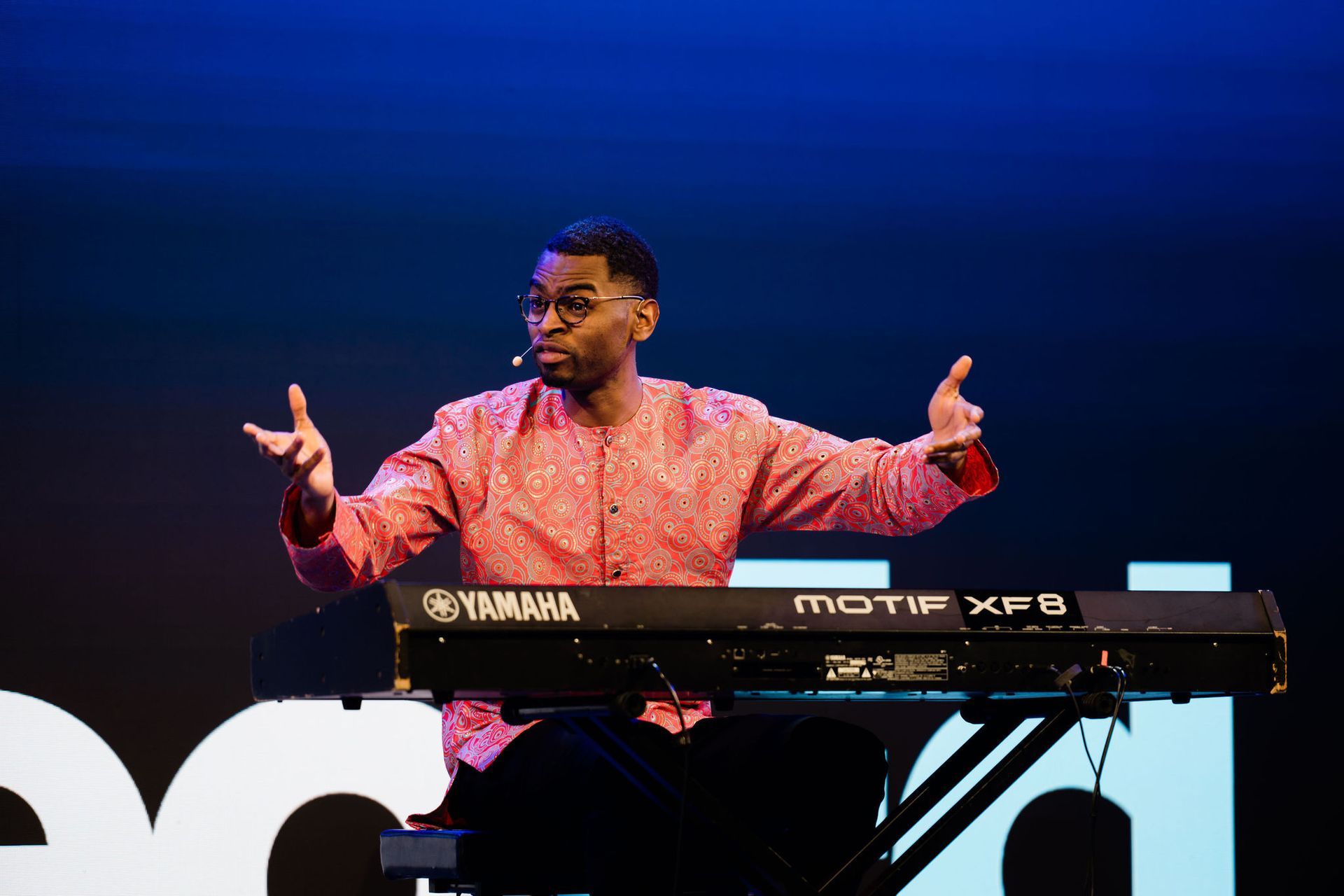
Julian Davis Reid explores the profound journey of finding God and navigating life's transitions. Through the lens of music, Julian uses the metaphor of chord changes to illuminate how we can approach personal growth and change in fresh, transformative ways. Whether in moments of uncertainty or when facing a new season of life, The Chord Changes invites you to rethink how you embrace change, shift perspectives, and find harmony in the unexpected.
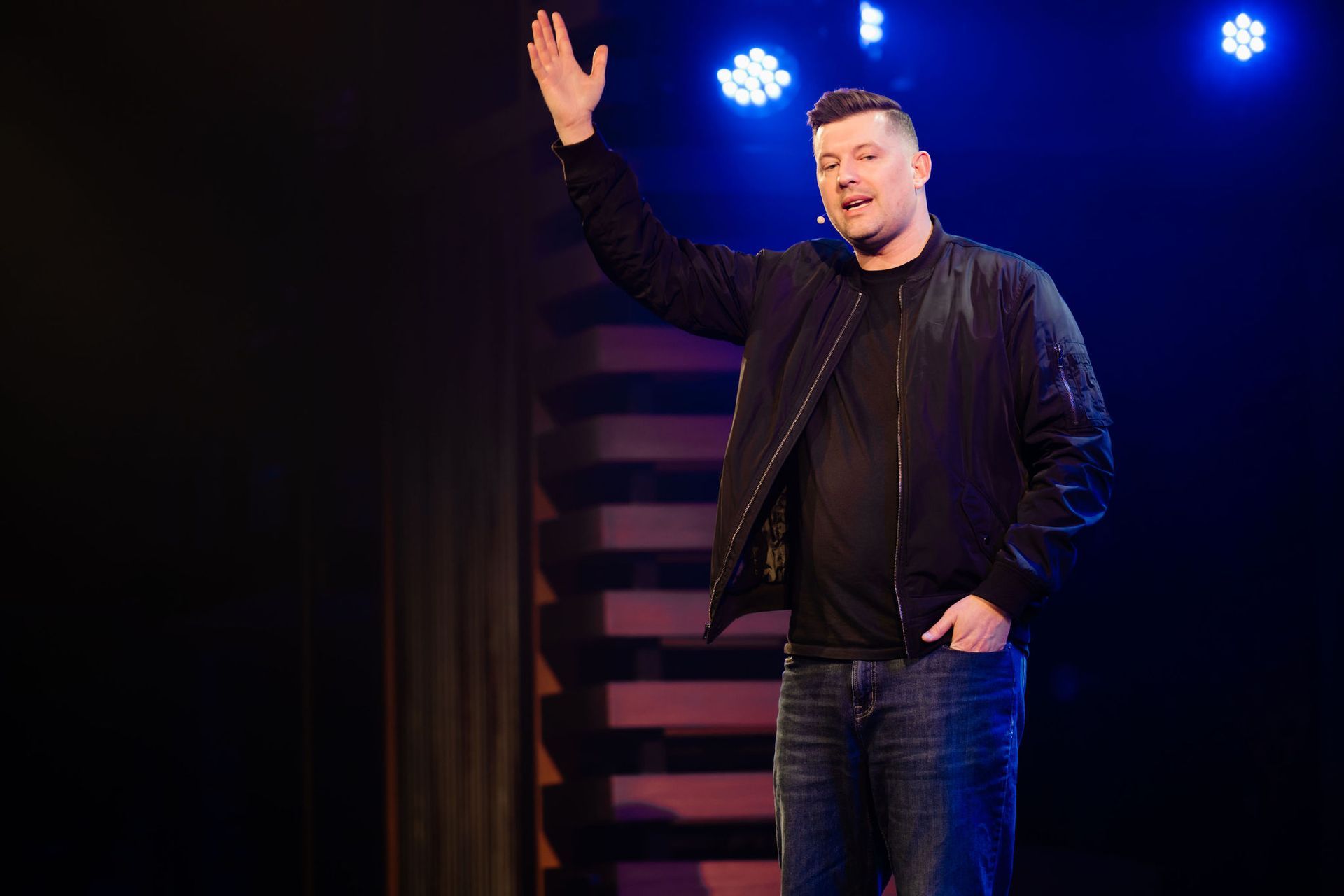
In the context of re-wilding, Scott calls for a church that is less about programs and more about cultivating deep, organic relationships. He challenges traditional structures and encourages a faith that breathes new life into church practices—focused on true discipleship, deep listening, and a radical love that moves beyond the walls of the sanctuary into everyday life.


